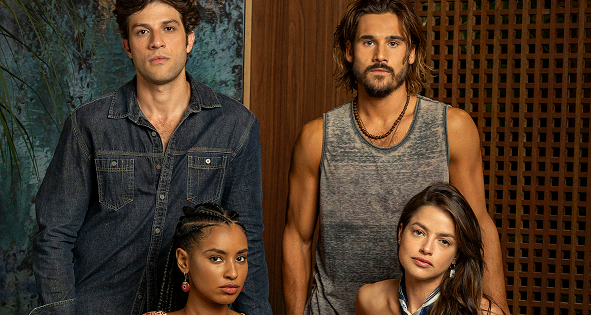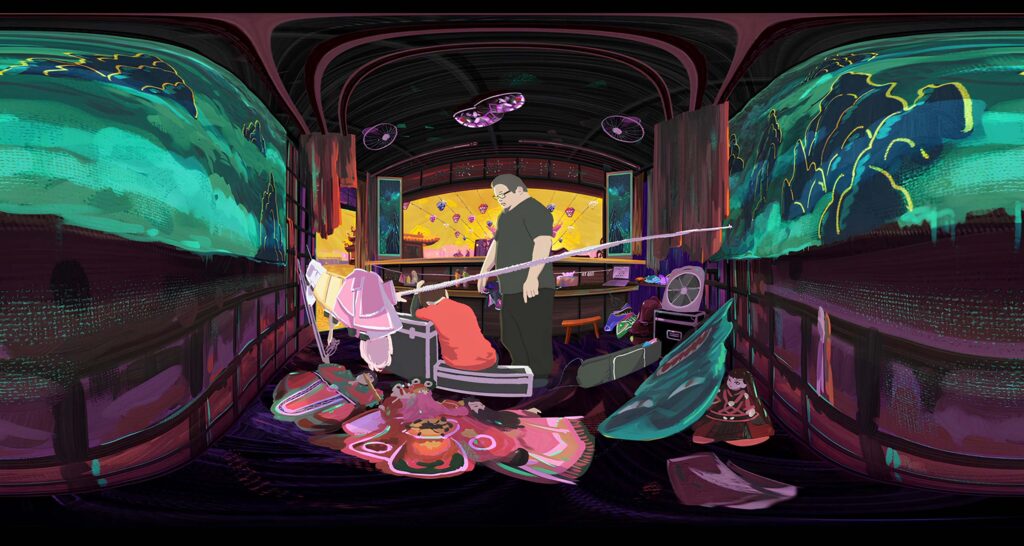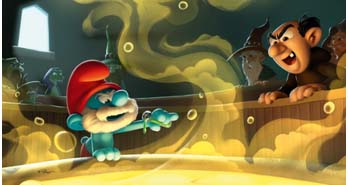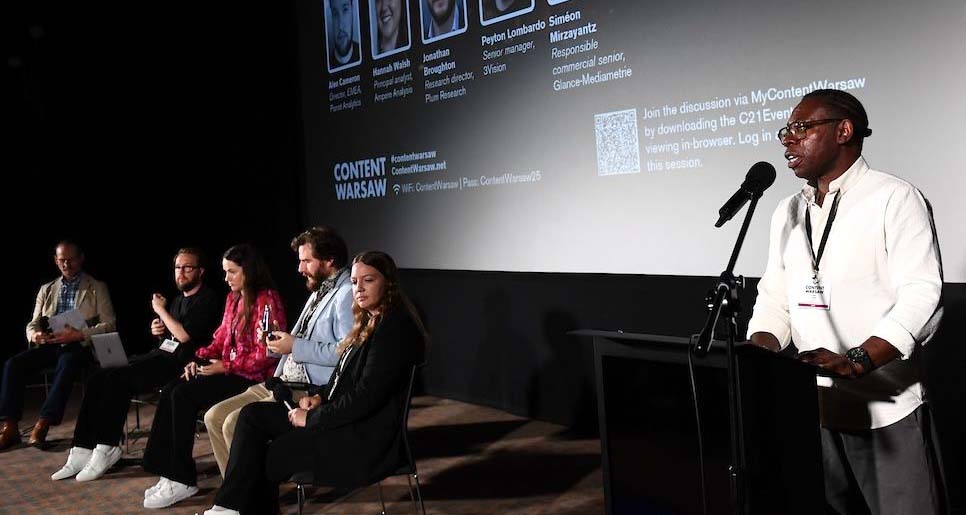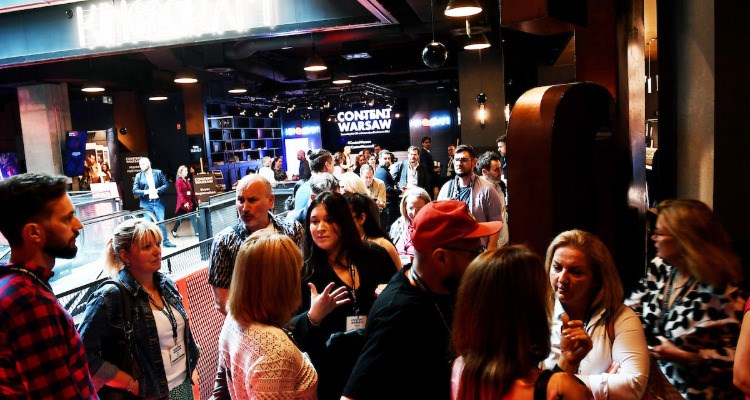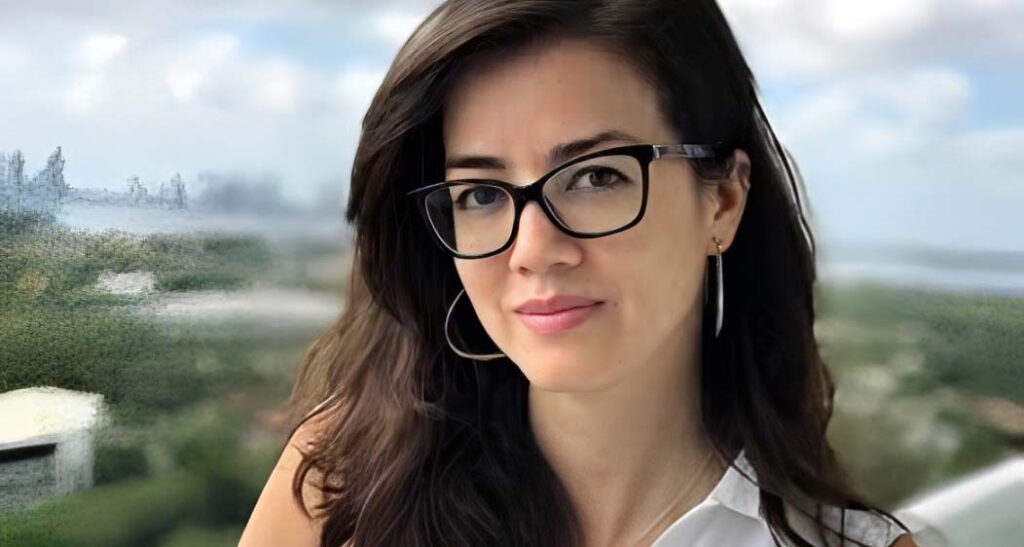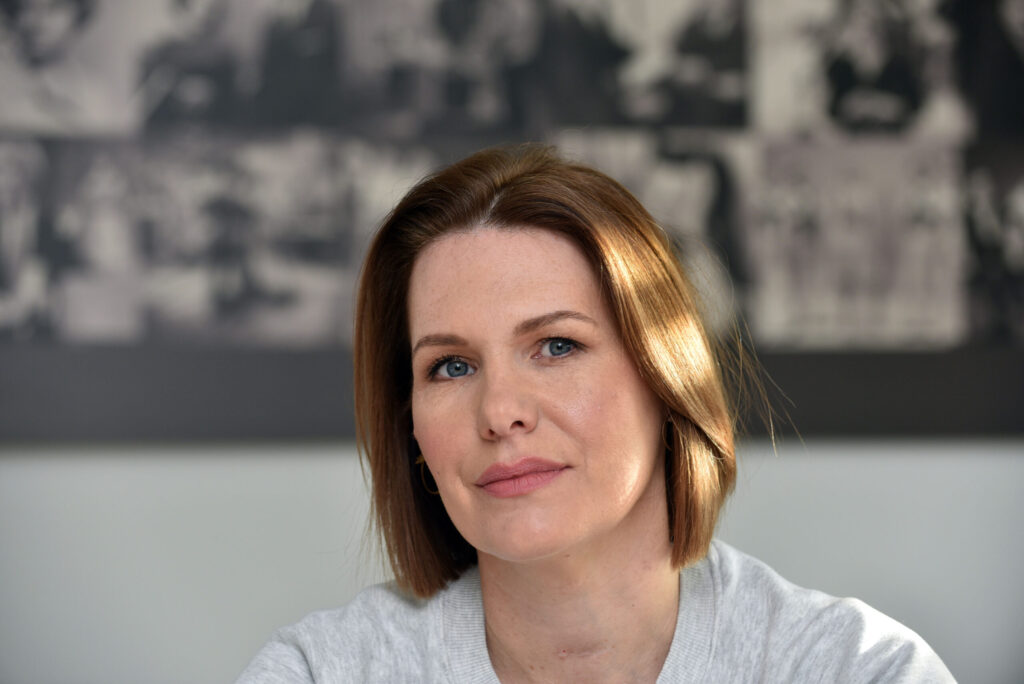
Rahela Štefanović, Editor in Chief at Croatian Radiotelevision (HRT), has shed light on the persistent challenges faced by public service broadcasters in forming alliances and co-productions, particularly within Central and Eastern Europe. While acknowledging the foundational support offered by the European Broadcasting Union (EBU), Štefanović emphasized legal complexities and linguistic barriers as primary obstacles.
Štefanović noted that the existing legal frameworks often pose significant hurdles for direct co-production initiatives. Despite HRT’s established participation in the EBU, which facilitates content alliances, particularly in children’s programming, drama, and documentaries, the execution of new co-productions remains difficult. ‘The legal framework, which is sometimes a main obstacle for alliances and co-productions’, she stated, limits direct collaboration.
Discussions around co-productions, Štefanović remarked, tend to be more frequent at industry events like NEM Zagreb than in actual practice. She drew a clear distinction between the motivations of commercial entities, which are typically profit-driven, and public broadcasters, which are impact-driven. This fundamental difference often leads to less successful co-production outcomes for public broadcasters, despite efforts to improve legal frameworks. HRT has seen some progress with two drama series, Greater Adria (expected next year) and The Silence of the Seasons, and is hoping to enter a documentary co-production, though these processes are often “much more complicated maybe that it should be.”
A significant barrier identified by Štefanović is language. The desire for content in a broadcaster’s native language often restricts potential co-productions to within specific linguistic or regional areas. While she believes there should be more focus on such regional collaborations in the future, Štefanović expressed a degree of pessimism about this prospect.
Within the EBU, efforts continue to drive co-productions, particularly through drama and documentary expert groups. However, drama co-productions face considerable difficulty due to legal frameworks, story alignment, and language differences.1 Documentary collaborations are comparatively simpler. Štefanović also pointed out a shift where larger countries, such as France or Japan, show less interest in co-producing with smaller nations, preferring to work within their own established circles. Despite these evolving dynamics, she affirmed the overall benefit of EBU membership, stating that ‘the partnerships inside the EBU and all the knowledge that is inside EBU, us being a part of this alliance helps definitely to improve ourselves in any area, in co-production, producing or anything else’.

